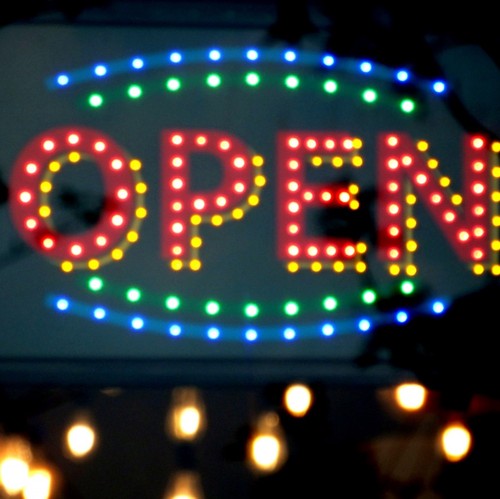
Also in today's EMEA regional roundup: UK wants to pronounce on O2/Virgin Media merger; Ericsson takes TDC to the water; beaucoup de connectivity en vacances, promises Orange.
The European Telecommunications Network Operators' Association (ETNO) has called on EU institutions and national governments to support "open and interoperable interfaces in the RAN [radio access network]" as part of a wide-ranging program of post-pandemic recovery. In this latest of its regular rallying cries, ETNO also called for timely spectrum auctions; greater incentives for RAN-sharing agreements and fiber investment; the simplification of rollout authorization procedures; and a coordinated campaign to fight the misinformation surrounding 5G that has seen many antennas being vandalized.
As Britain's full exit from the European Union draws ever nearer, the UK's competition watchdog is staking its claim to be the authority that decides whether the proposed merger between Virgin Media and O2 can go ahead, rather than the European Commission, the Financial Times reports (paywall applies). The Competition and Markets Authority (CMA) told the newspaper: "This important merger will only impact consumers in the UK and since any review will likely conclude after the transition period, it is only right for the CMA to request it [the review] back now." The UK's transition period to full Brexit status ends on December 31. (See O2 and Virgin Media to merge in £31.4B deal.)
Ericsson is collaborating with Danish operator TDC on a private 5G network for Grundfos, a supplier of pumps and "water solutions." Under the proof-of-concept partnership, Ericsson and TDC will deploy 5G technology at a Grundfos plant in Bjerringbro, Denmark, replacing wired connections with a dedicated wireless network. The Swedish vendor was announced as a 5G RAN and dual-mode 5G core partner to TDC in March 2019.
Deutsche Telekom will next week unveil its Multi Cloud Connectivity Platform, a system that allows customers to book data lines for cloud applications directly from T-Systems, its IT services subsidiary. The platform will offer connections from Deutsche Telekom and other cloud network providers to AWS, Azure and Google, with billing based on bandwidth consumption.
In what seems, on the face of it, something of a conflict of interest, Sky Media, the advertising arm of the sport-oriented pay-TV giant, is replacing Channel 4 as the seller of advertisements and sponsorship across all BT Sport channels in the UK. The agreement follows the content deal agreed between the two firms in 2017, which allowed Sky customers to add BT Sport to their Sky subscriptions and BT TV customers to access Sky's NOW TV content on their set-top boxes for the first time.
In related matters, Telefónica has reached an agreement with European soccer's governing body, UEFA, for the broadcasting rights to the UEFA Champions League and the UEFA Europa League in Spain and Andorra. The agreement lasts until the 2023/2024 season, and the matches will be shown on Telefónica's Movistar+ platform.
As France emerges from lockdown and its inhabitants jump in their Citroëns to head off on vacation (other French cars are available), Orange wants to reassure them that they will be well served with connectivity as they recharge their metaphorical batteries. The operator says it now offers 4G in 94% of French seaside resorts, 79% of mountain hideaways and 300 tourist attractions, including such "iconic" sites as the Aiguille du Midi cable car and the Hunawihr Naturoparc (no, me neither).
— Paul Rainford, Assistant Editor, Europe, Light Reading
Read more about:
EuropeAbout the Author(s)
You May Also Like












